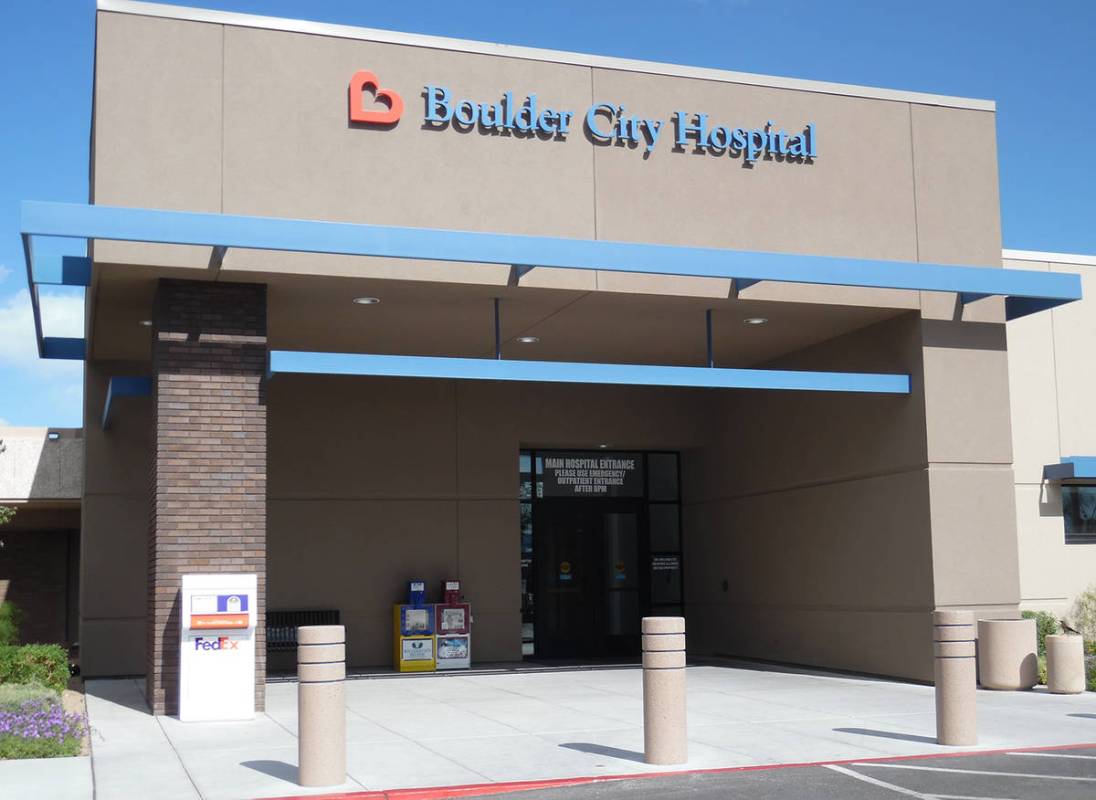
Here is some basic information about Coronavirus Disease 2019 (COVID-19), including how to recognize it and how to protect yourself and others:
Symptoms
Reported illnesses have ranged from mild symptoms to severe illness and death for confirmed COVID-19 cases. Based on what has been seen for the incubation period of Middle East respiratory syndrome, the following symptoms may appear two to 14 days after exposure: fever, cough and shortness of breath.
If you develop emergency warning signs for COVID-19 get medical attention immediately. Emergency warning signs include difficulty breathing or shortness of breath, persistent pain or pressure in the chest, new confusion or inability to arouse and bluish lips or face.
How to protect yourself
Older adults and people who have severe underlying chronic medical conditions like heart or lung disease or diabetes seem to be at higher risk for developing more serious complications from COVID-19 illness. Consult with your health care provider about additional steps you may be able to take to protect yourself.
There is currently no vaccine to prevent coronavirus disease 2019 (COVID-19). The best way to prevent illness is to avoid being exposed to this virus.
The virus is thought to spread mainly from person to person when they are in close contact with one another (within about 6 feet) and through respiratory droplets produced when an infected person coughs or sneezes.
These droplets can land in the mouths or noses of people who are nearby or possibly be inhaled into the lungs.
People of Asian descent, including Chinese Americans, are not more likely to get COVID-19 than any other person.
Take steps to protect yourself
■ Clean your hands often.
■ Wash your hands often with soap and water for at least 20 seconds especially after you have been in a public place, or after blowing your nose, coughing or sneezing.
■ If soap and water are not readily available, use a hand sanitizer that contains at least 60 percent alcohol. Cover all surfaces of your hands and rub them together until they feel dry.
■ Avoid touching your eyes, nose and mouth with unwashed hands.
■ Avoid close contact with people, and especially of those who are sick.
■ Put distance between yourself and other people if COVID-19 is spreading in your community.
Take steps to protect others
■ Stay home if you’re sick, except to get medical care.
■ Cover coughs and sneezes. Cover your mouth and nose with a tissue when you cough or sneeze or use the inside of your elbow.
■ Throw used tissues in the trash. Then, immediately clean your hands as noted above.
■ Wear a face mask if you are sick. You should wear a face mask when you are around other people and before you enter a health care provider’s office. If you are not able to wear a face mask (for example, because it causes trouble breathing), then you should do your best to cover your coughs and sneezes, and people who are caring for you should wear a face mask if they enter your room.
■ If you are not sick, you do not need to wear a face mask unless you are caring for someone who is sick (and they are not able to wear a face mask). Face masks are in short supply and they should be saved for caregivers. The Centers for Disease Control and Prevention does not recommend that people who are well wear a face mask to protect themselves from respiratory illnesses, including COVID-19.
■ Clean and disinfect frequently touched surfaces daily. If surfaces are dirty, clean them using detergent or soap and water prior to disinfection.
Questions regarding travel
■ Should I cancel my international trip? CDC provides recommendations for international travel, including guidance on when to consider postponing or canceling travel. A list of destinations with COVID-19 travel health notices is available at www.cdc.gov/coronavirus/2019-ncov/travelers/index.html.
■ What is the risk of getting COVID-19 on an airplane? Because of how air circulates and is filtered on airplanes, most viruses and other germs do not spread easily. Although the risk of infection on an airplane is low, try to avoid contact with sick passengers and wash your hands often with soap and water for at least 20 seconds or use hand sanitizer that contains at least 60 percent alcohol.
■ Should I go on a cruise? CDC recommends all travelers, particularly older adults and people of any age with serious chronic medical conditions defer all cruise ship travel worldwide. Like many other viruses, COVID-19 appears to spread more easily between people in close quarters aboard ships.
Source: https://www.cdc.gov/coronavirus/2019-ncov/index.html.